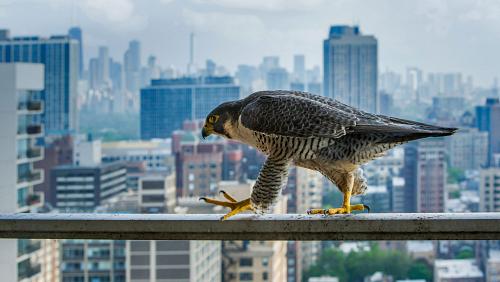Title: Vaccination Vitals: Importance of Keeping Your Pet’s Shots Up to Date
Introduction
As much as we enjoy the great companionship pets offer, we must also bear the responsibility of keeping them in good health. Just like humans, pets need regular vaccinations to stay healthy and protected against fatal diseases. A lot goes into raising a healthy pet, and keeping vaccinations up to date is a key aspect of their overall well-being.
The Importance of Vaccinations
Vaccines are the first line of defense against many potentially dangerous diseases affecting animals like cats and dogs. They help develop immunity against diseases by allowing the body to recognize harmful pathogens and fight against them. Regular vaccinations are essential to ensure your furry friend’s health and longevity.
Common Vaccinations for Pets
Pets require various types of vaccinations throughout their life. Some essential vaccines include:
1. Core vaccines: These are absolutely necessary for all pets, regardless of location or lifestyle. They include rabies, parvovirus, distemper, and adenovirus vaccines.
2. Non-core vaccines: These vaccines vary based on location, environment, risks, and lifestyle. Examples include Bordetella (kennel cough), Leptospirosis, and Lyme disease vaccines.
Routine vaccination schedules tend to begin at a few weeks or months of age. The most critical period for vaccination is during a puppy’s first 16 weeks of life, as their immune systems are still developing, making them highly susceptible to infections.
Pathogen HICLOVER
By vaccinating your pet, you are effectively preventing the spread of various diseases such as Parvovirus, Leptospirosis, and Rabies. Unvaccinated pets can quickly become a host for these dangerous bacteria and viruses, which can then spread to other animals they come into contact with, leading to outbreaks.
Ensuring a Longer, Happier Life
Keeping your pet’s shots up to date helps guarantee a longer and happier life. Vaccinations exponentially reduce the risk of sudden illnesses, which can be not only downright dangerous but costly to treat. Regular vaccinations, along with regular veterinary check-ups, help ensure your pet’s overall well-being.
FAQs
Q: How often should my pet be vaccinated?
A: It’s best to consult your veterinarian for a customized vaccination schedule based on your pet’s health, breed, lifestyle, and age. However, annual vaccination booster shots are generally recommended for most pets.
Q: Can vaccinations cause adverse side effects?
A: While vaccinations, like any medical interventions, may have rare side effects, the vast majority of pets receive vaccinations without any adverse reactions. Speak to your vet if you have any concerns.
Q: Can vaccinations cause my pet to contract the disease they’re designed to prevent?
A: No. Vaccines contain inactivated or less harmful versions of the virus, making it impossible for them to cause the diseases they’re intended to prevent.
Q: Can my pet catch a disease if they haven’t gotten their shots yet?
A: Yes, unvaccinated pets are more susceptible to contracting certain infectious diseases, which is why vaccination schedules are an integral part of your pet’s healthcare.
Conclusion
Our loving pets deserve nothing short of the best. Keeping your pet’s vaccinations up to date is a critical step in ensuring their overall health and well-being. It’s more than just complying with recommended schedules; vaccinations are a preventive measure and a pledge we make to safeguard the lives of our beloved pets.
Remember, a responsible pet owner is a vigilant one—consistent vaccination is the way to go for a long and healthy life for your pet.








